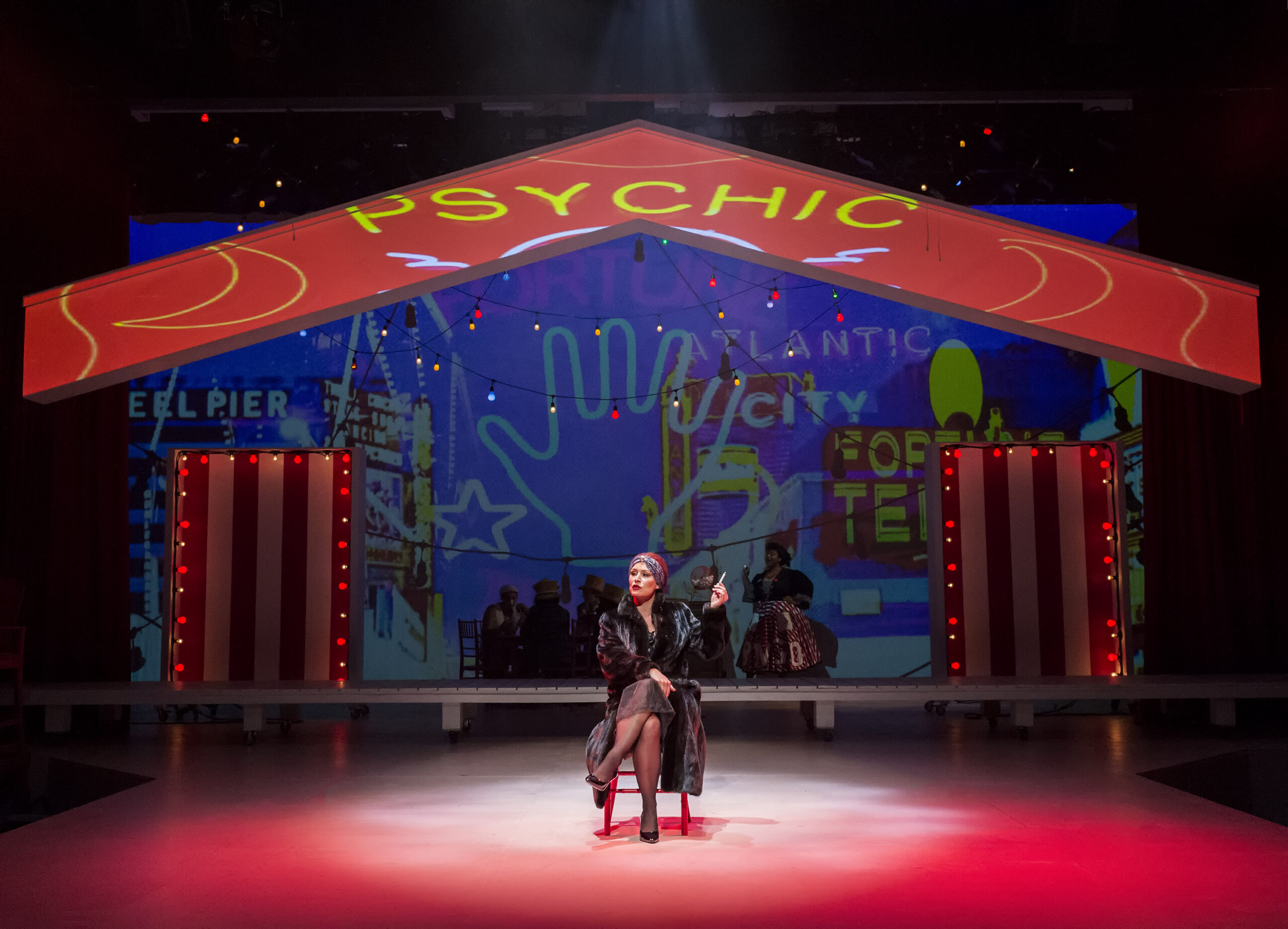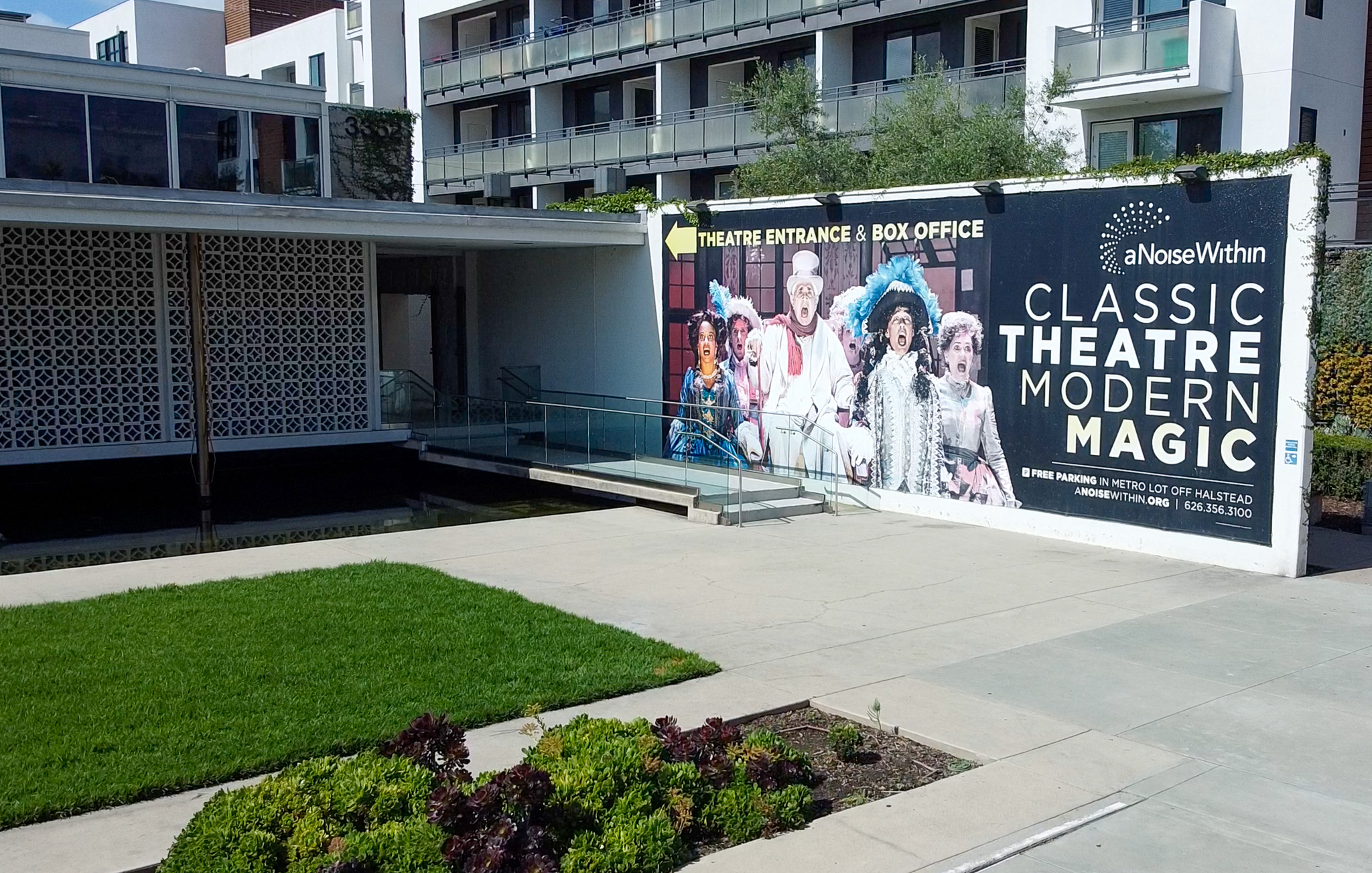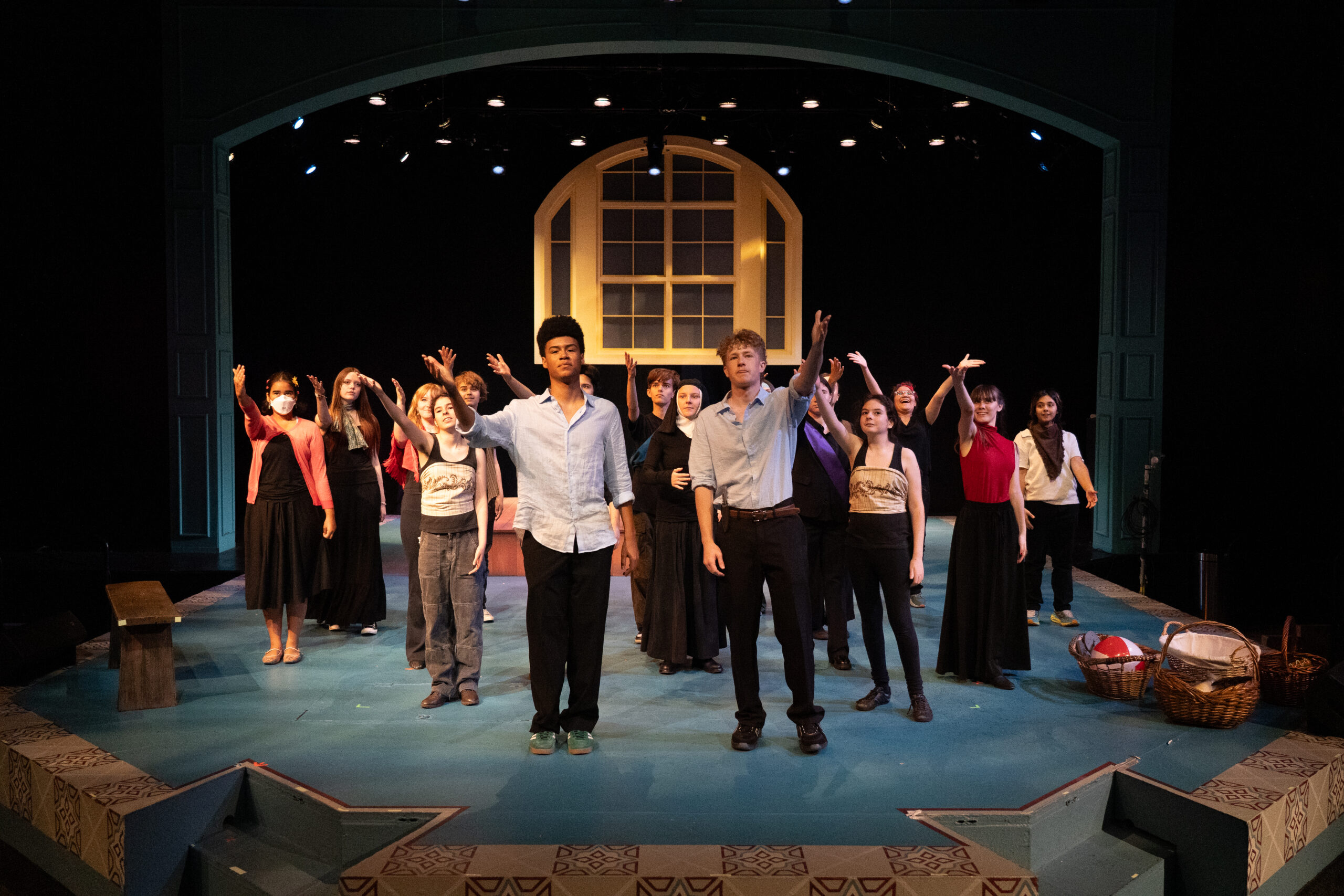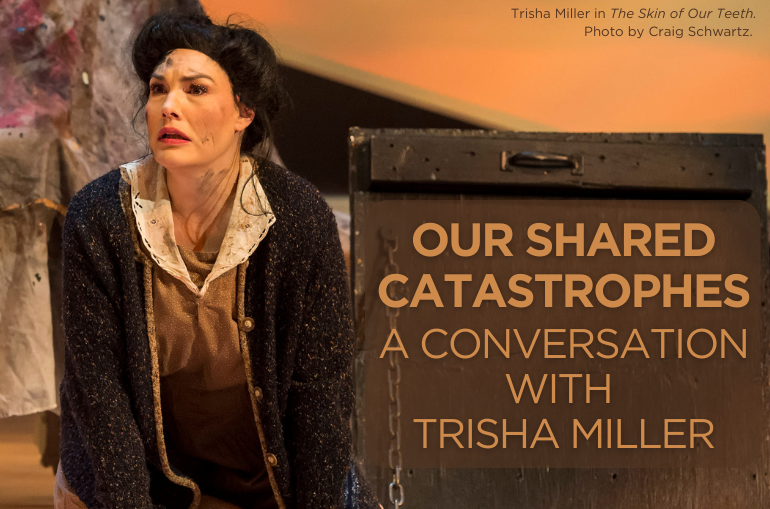Langston Hughes: The Poetic Inspiration for Lorraine Hansberry
By A Noise Within
March 29, 2018
Langston Hughes was one of the most prominent writers and thinkers of the Harlem Renaissance, a golden age of African American art in the 1920s that celebrated black life and culture through literature, music, stage performance, and visual art. Hughes’ poetry in particular was heavily influenced by jazz music, which he considered “one of the inherent expressions of Negro life in America,” as well as his personal experience and the common experience of black America. He composed beautiful, heart-wrenching lines that reflected his people’s authentic culture, including both their suffering and their love of music, laughter, and language itself.
When Lorraine Hansberry wrote her play about a struggling black family in a cramped Chicago apartment, she borrowed a line from Hughes’ poem “Harlem” for her play’s title: “What happens to a dream deferred? Does it dry up like a raisin in the sun?” Like Hughes, Hansberry delved deep into the psychological and emotional trauma of racism on African Americans, but she also opened up her characters to possibility, hope, and a future. Pain comes in hand with joy, and joy with despair, and despair with determination. The universal themes found in their writing continue to make both Hansberry and Hughes the hallmarks of literature they are today.
I, Too
I, too, sing America.
I am the darker brother.
They send me to eat in the kitchen
When company comes,
But I laugh,
And eat well,
And grow strong.
Tomorrow,
I’ll be at the table
When company comes.
Nobody’ll dare
Say to me,
“Eat in the kitchen,”
Then.
Besides,
They’ll see how beautiful I am
And be ashamed—
I, too, am America.









